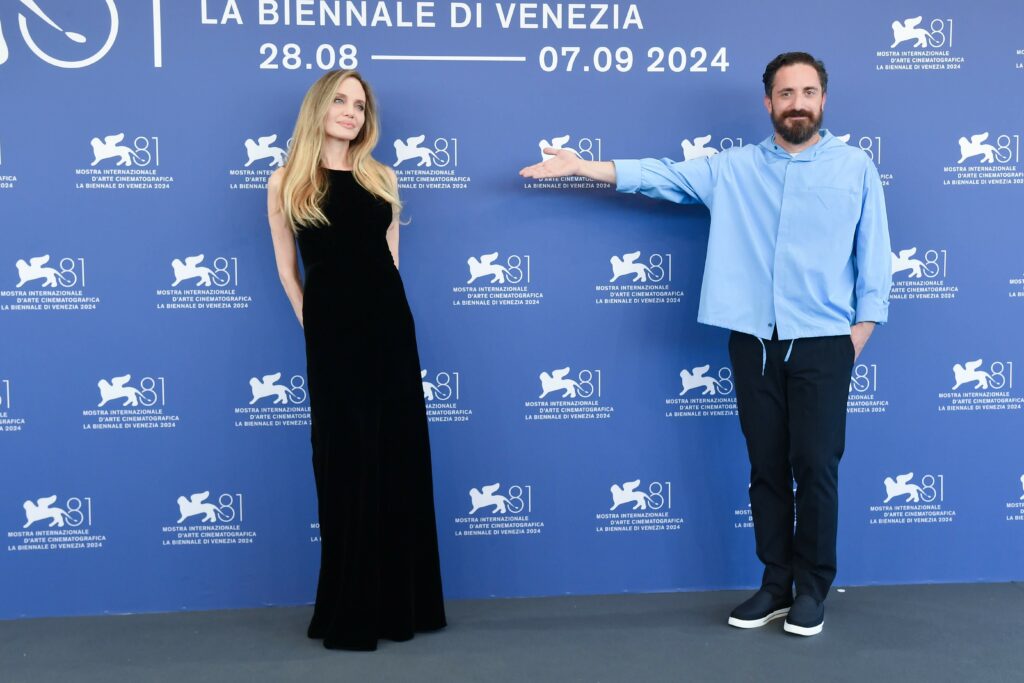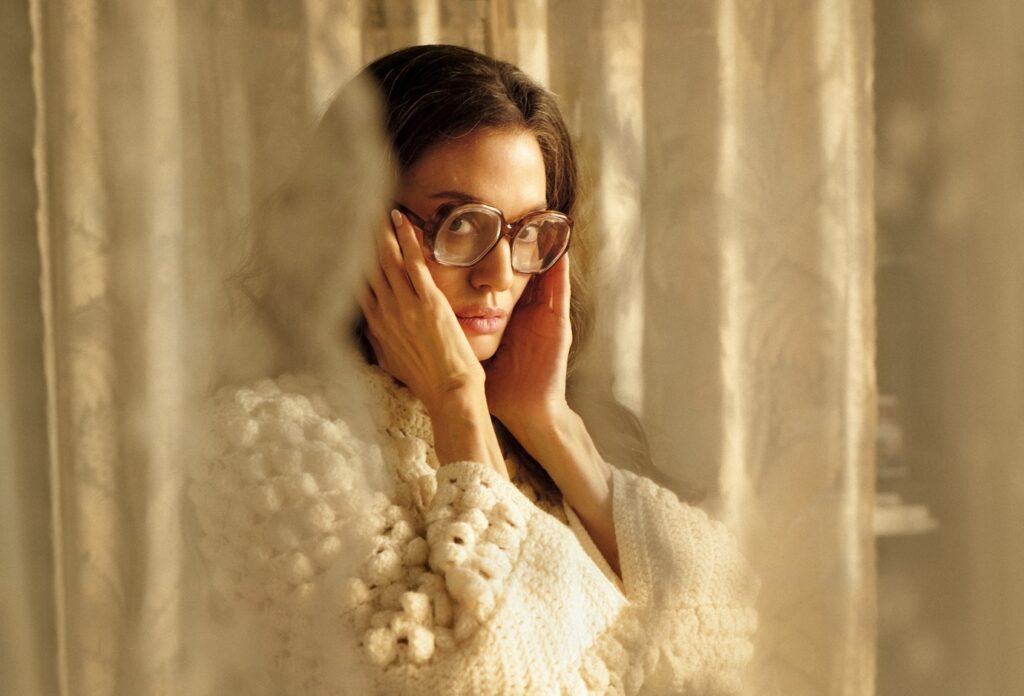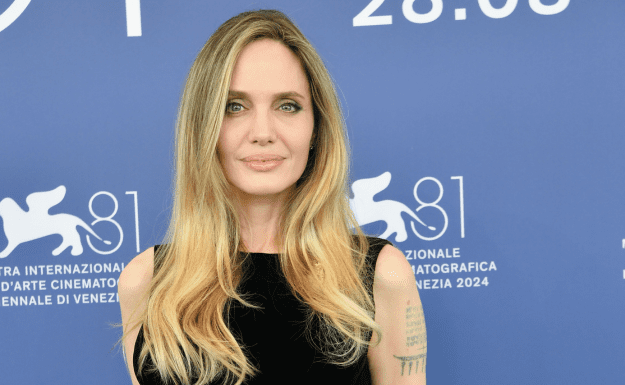‘I have been a big Callas fan since I was a child. I was intrigued by the fact that there were no films about opera, a fascinating art form that cinema had forgotten. Thus, Pablo Larraìn declared at the press conference his love for Maria Callas, ‘the best opera voice in history’ celebrated with his Maria, in competition in the official selection of Venezia 81. Written by Steven Knight, the film recounts the last physically compromised days of the Athens singer’s life, which ended at the age of 53 due to a heart attack in her Paris flat. “We did not want to make a dark film, but to celebrate a woman who spent her life singing for others and only in the end for herself. It is a film that could not have been made without having a great performer. It would not exist without Angelina Jolie’.

In the role of the Divine, there’s an equally divine Angelina Jolie, who here gives one of her most beautiful and intense interpretations, probably among the most quoted for the Coppa Volpi. A project which she entered not without fear; she says: ‘The biggest challenge was Maria’s fans and opera lovers. I was afraid of disappointing them. I did not want to dishonour this great woman and her legacy.
She prepared for singing for seven months to do this because when ‘you work with Pablo, you don’t do things by halves’. “At the beginning, I was very nervous, shaking before singing. I started slowly in a small room and ended up at La Scala. It was a crescendo’. And a crescendo was also Jolie’s love for opera music, which she discovered as she got older: ‘When I was younger, I was a punk who listened to the Clash. I still hear them, but as I got older, I realised that opera moves everyone and is the best way to recreate love and pain. There is nothing like opera’. Angelina says she shares vulnerability with Callas and appreciates her total discipline and professionalism: ‘There are recordings of her lessons that I have personally listened to. Maria teaches that in the approach to singing, the first thing to do is to try to feel the music and the author’s intent, and only then, when you are ready, let your emotions enter. The exact process happened to me with this film. The music led me′.

In the film, Maria has ‘two guardian angels’, her butler Ferruccio and her maid Bruna, played by Pierfrancesco Favino and Alba Rohrwacher. ‘I knew Bruno was still alive; I had the privilege of reading and seeing interviews with him,’ says Favino. “I understood the devotion he felt for Maria, and with Pablo, we tried to transform it into what the film needed. Their encounter with Maria forged the identity of Ferruccio and Bruna. She was an Egyptian queen at the time. Being close to her gave you light; a touch of selfishness also moved them. If she stopped being queen, what did they become? They protected her; they were her family but not saints’. Favino added something about the importance of recognising great artists: ‘There is too little talk about it. When we hear Callas, we feel our emotions: few artists can do that. Thanks to them, we have a gift in our hands. We should talk more about these great people‘.

